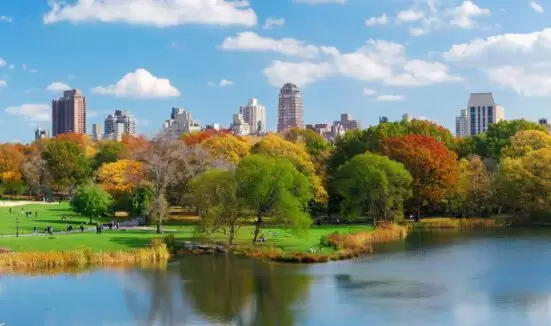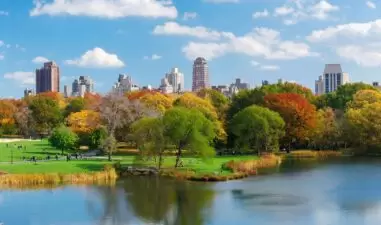
In our everyday language, certain phrases and expressions subtly reveal societal biases towards urban living, often overshadowing the value and richness of rural lifestyles. These expressions, woven into our conversations, media, and literature, may inadvertently favor city life, contributing to a cultural narrative that undervalues rural communities and their contributions. Here’s a look at 19 expressions that unwittingly favor urban over rural lifestyles, exploring their implications and the subtle ways they elevate urban experiences over rural ones.
1. “The Bright Lights of the City”
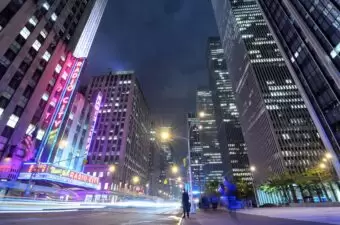
This phrase evokes an image of excitement and opportunity associated with urban areas, suggesting that life in the city is more vibrant and desirable than in quieter rural settings. It overlooks the beauty and serenity of rural night skies, free from light pollution, where the stars shine brightest.
2. “Concrete Jungle”

While “concrete jungle” might hint at the challenges of urban living, it also romanticizes the complexity and energy of city life. This expression fails to acknowledge the lush, natural jungles and diverse ecosystems found in rural areas, which offer a different type of richness and complexity.
3. “Country Bumpkin”
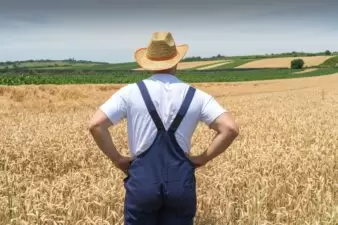
This derogatory term unfairly stereotypes rural residents as unsophisticated or out of touch, ignoring the deep knowledge and skills required to thrive in rural environments. It undermines the wisdom and adaptability of those living outside urban centers.
4. “Making It Big”

Often associated with achieving success in a bustling city, “making it big” implies that true success and recognition can only be found in urban settings. This overlooks the significant accomplishments and fulfilling lives many lead in rural areas.
5. “Backwater”
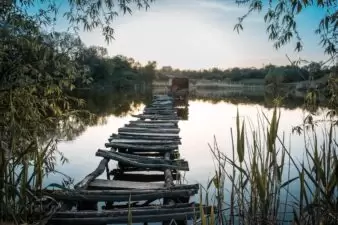
Describing a place as a “backwater” suggests it is stagnant or undeveloped, often used pejoratively for rural areas. This expression dismisses the dynamic communities and cultures that thrive in less populated regions.
6. “Middle of Nowhere”

Labeling rural locations as the “middle of nowhere” implies they lack value or significance. In that context, it’s overshadowing the importance of these areas for agriculture, conservation, and cultural heritage.
7. “Urban Sophistication”

This phrase champions urban settings as centers of culture and refinement, inadvertently suggesting that rural areas lack sophistication. It fails to appreciate the rich cultural traditions and lifestyles that rural communities offer.
8. “City Slicker”

While sometimes playful, the term “city slicker” elevates urban residents as more worldly or savvy. In turn, it’s potentially casting rural lifestyles as less informed or cultured, which is a gross oversimplification of diverse rural experiences.
9. “Escape to the Country”
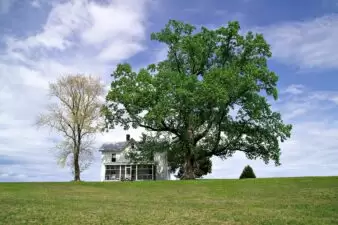
This expression suggests that rural areas are merely places to retreat from urban life rather than vibrant communities with their own merits. It frames rural areas as temporary sanctuaries rather than places for permanent, fulfilling residence.
10. “The Boonies”
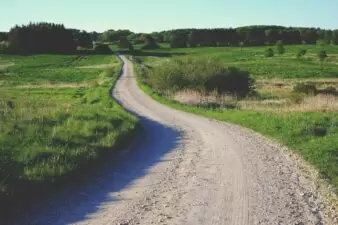
Referring to remote or rural areas as “the boonies” carries a connotation of insignificance or lack of development. Often, the resulting image neglects the value and appeal of solitude and natural beauty found in these regions.
11. “Rustic Charm”
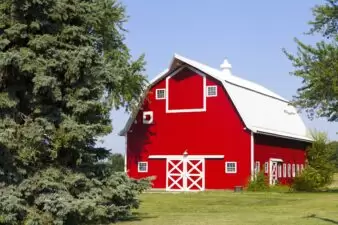
In some cases, “rustic charm” can be positive. However, it sometimes reduces rural lifestyles to quaint aesthetics, overlooking the complexity, innovation, and richness of life outside urban centers.
12. “Out in the Sticks”
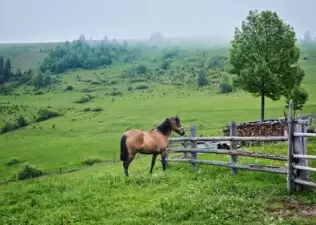
Similar to “The Boonies,” “Out in the Stick” trivializes rural areas as remote and disconnected, ignoring the strong sense of community and connection to the land prevalent in many rural societies.
13. “The Rat Race”
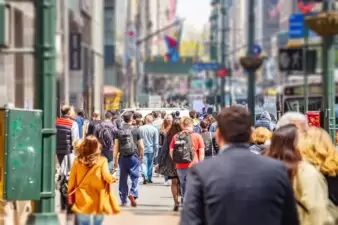
Describing urban life as “the rat race” critiques its competitiveness and pace. However, it also subtly suggests it’s the main arena for ambition and achievement, overshadowing the diverse goals and successes of those in rural areas.
14. “Off the Beaten Path”
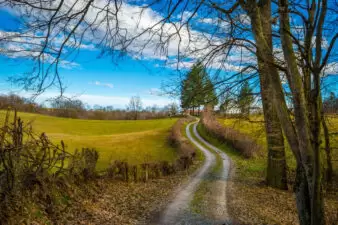
In many cases, “off the beaten path” romanticizes rural areas. It makes them seem like untouched or exotic locales for urban dwellers to discover rather than recognizing them as places where people live, work, and cultivate community.
15. “Sleepy Town”
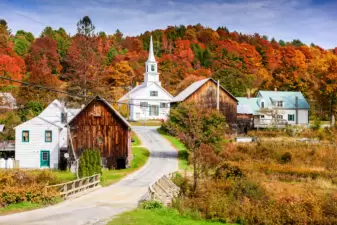
Labeling a rural community as a “sleepy town” may imply a lack of activity or dynamism. As a result, the term fails to capture the vibrant local cultures, traditions, and economies that define these areas.
16. “Country Mile”
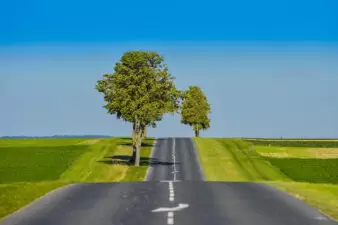
While intended to describe a long distance, “country mile” can subtly suggest that rural measurements or perceptions are exaggerated or less accurate. Since that’s the case, the phrase often undermines the lived realities of rural residents.
17. “Hick Town”
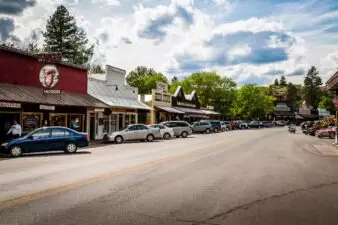
“Hick town” is a pejorative term that unfairly paints rural towns as backward or unsophisticated. Essentially, it dismisses the rich history, resilience, and community spirit that characterize many small towns.
18. “Big City Dreams”
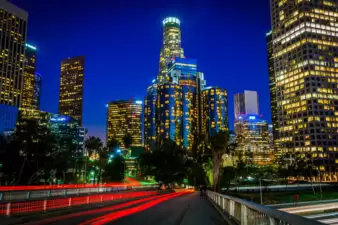
The idea of “big city dreams” suggests that aspirations worth pursuing are inherently urban. In turn, it often marginalizes the dreams and achievements of those who find fulfillment and success in rural settings.
19. “Wilderness”
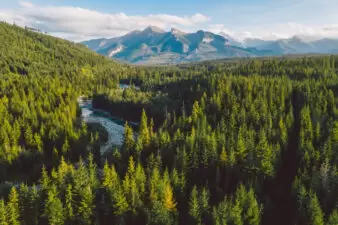
While “wilderness” can denote natural beauty, it also implies an untouched, uninhabited space. By doing so, it’s erasing the presence and stewardship of rural communities and indigenous peoples who have long histories with these lands.
Reevaluating Expressions That Favor Urban Over Rural Lifestyles
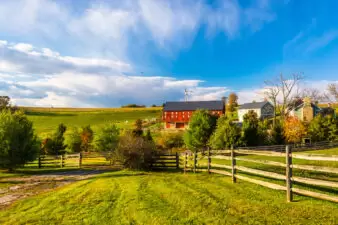
Ultimately, language is a powerful tool that shapes our perceptions and attitudes. By recognizing and reevaluating the expressions we use to describe urban and rural lifestyles, we can foster a more inclusive and appreciative understanding of the diverse ways of life that enrich our world. This shift in dialogue is crucial for valuing the contributions and complexities of both urban and rural communities equally.
Catherine is a tech-savvy writer who has focused on the personal finance space for more than eight years. She has a Bachelor’s in Information Technology and enjoys showcasing how tech can simplify everyday personal finance tasks like budgeting, spending tracking, and planning for the future. Additionally, she’s explored the ins and outs of the world of side hustles and loves to share what she’s learned along the way. When she’s not working, you can find her relaxing at home in the Pacific Northwest with her two cats or enjoying a cup of coffee at her neighborhood cafe.

